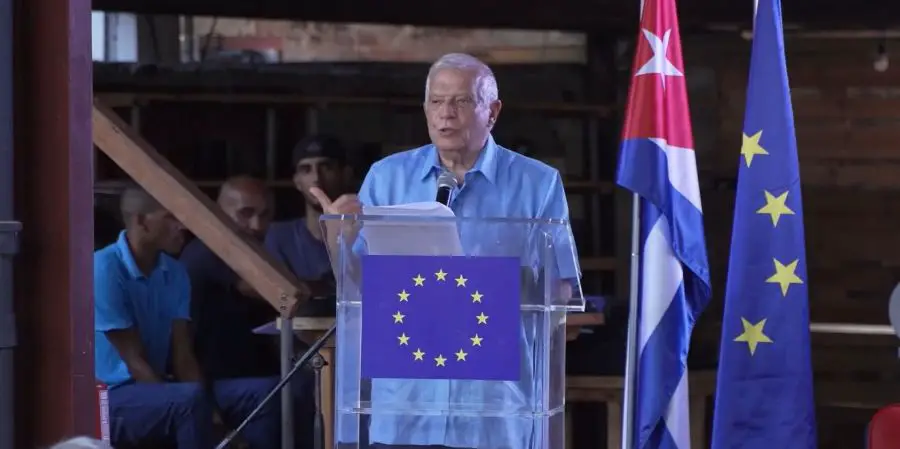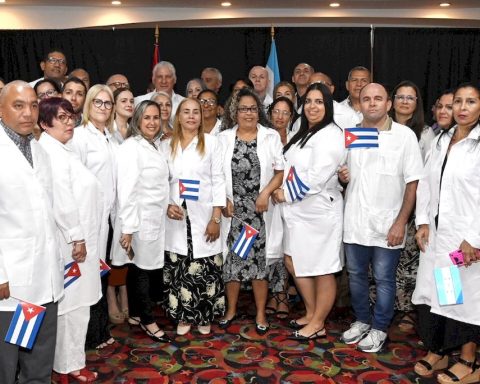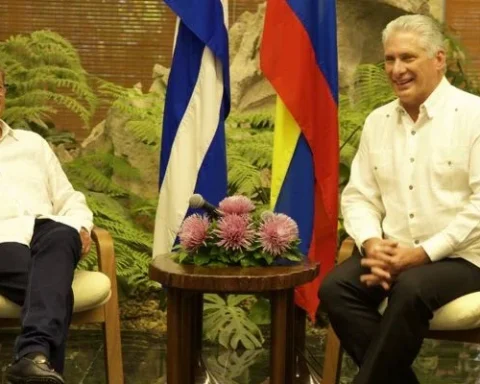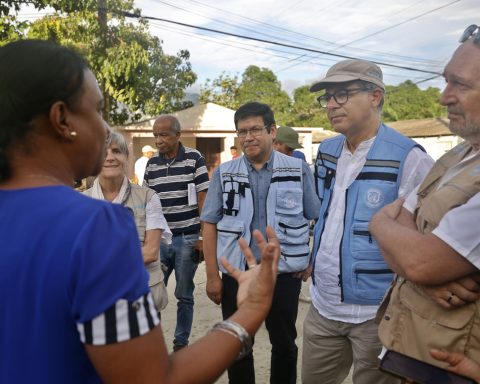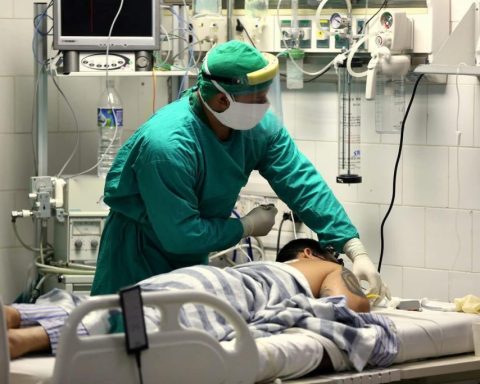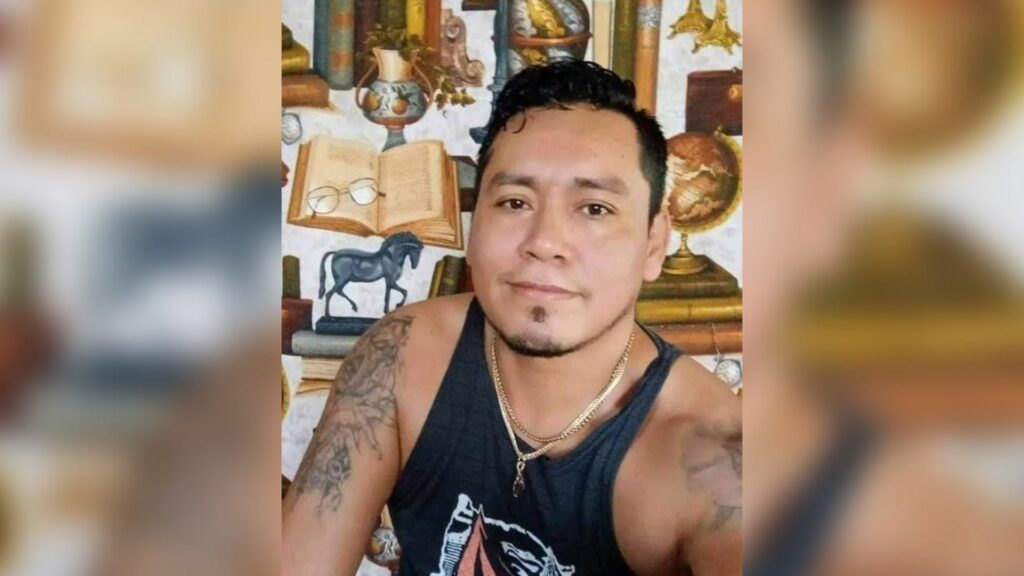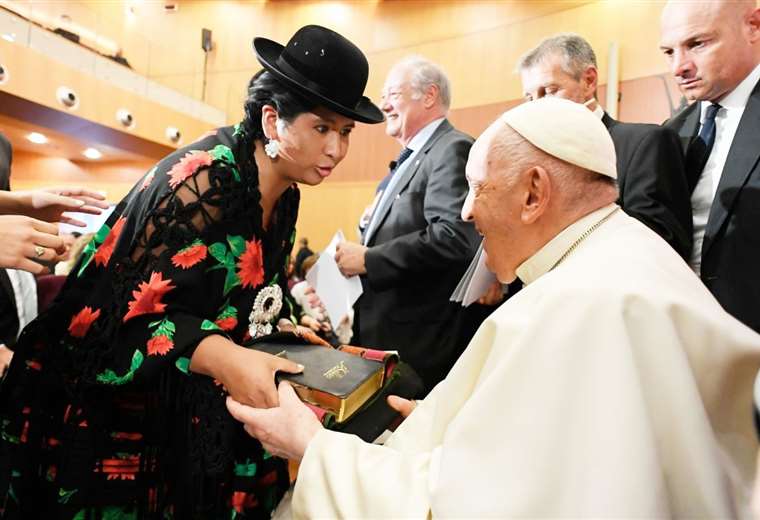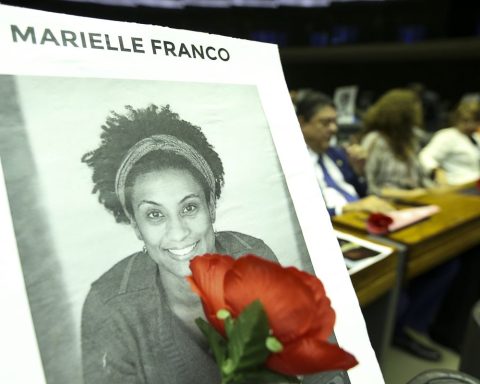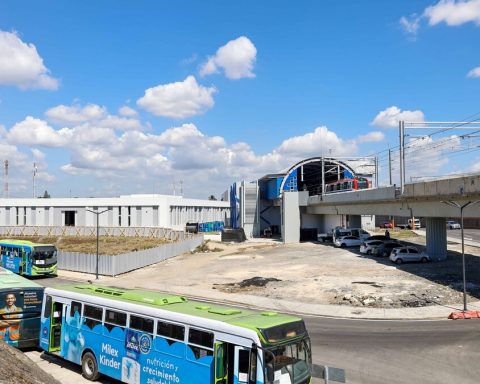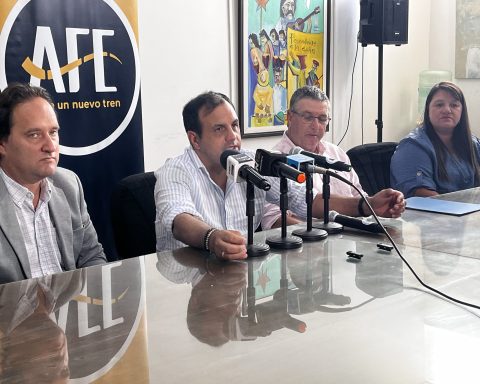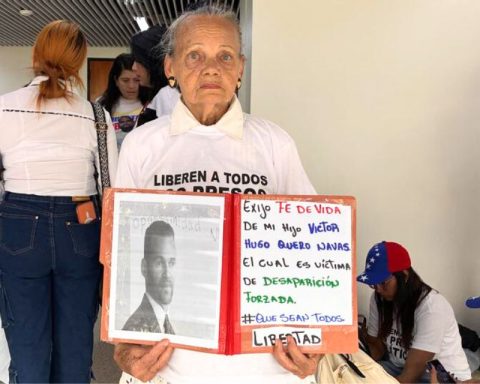MIAMI, United States. – The High Representative of the European Union (EU) for Foreign Affairs and Security Policy, Josep Borrell, began his visit to Cuba this Thursday.
“I started the day in Havana with ambassadors of the EU Member States before the Joint Council”, Borrell wrote on Twitter.. “The EU wants to advance in a relationship of constructive and critical dialogue when necessary, promoting cooperation and a socio-economic model based on values and rights”, she added.
In none of his first three tweets published from the Island did the European official allude to the issue of human rights, the most controversial point of his visit.
Last monday, a group of seven NGOs they urged Borrell to guarantee that human rights are at the center of the European Union’s relations with the Cuban government.
Through a open letterthe organizations recalled that on the Island there is a continuous repression by the authorities against those who try to exercise their rights to freedom of expression, peaceful assembly and association.
Likewise, last week the Cuban Observatory of Human Rights (OCDH) asked Borrell that during his stay on the Island he advocates for the release of political prisoners. The Madrid-based organization also urged him to demand that the Cuban regime comply with the Political Dialogue and Cooperation Agreement (ADPC) between the European Union and Havana, signed in 2016.
For its part, the Cuban opposition group D Frente considered that the visit of the head of European diplomacy “could help the Cuban authorities recalibrate their own public perception of the country they administer.”
In his second tweet from Cuba, this Thursday, the European official indicated that he had met with members of the Episcopal Conference. “We have addressed the implantation of the Church in Cuba, religious freedom, the socioeconomic situation and other issues. The Catholic Church has an important role in facing the challenges of the Cuban reality”, wrote.
Shortly after, in his third and last tweet until 6:30 p.m. this Thursday, referred to Cuban micro, small and medium-sized enterprises (MSMEs). “The current context is full of challenges for the 8,000 Cuban MSMEs, but also of opportunities. We hope that they will be able to consolidate and continue contributing in this way to the economic modernization of Cuba. The EU is committed to continue supporting them”.
Josep Borrell will visit Havana on the 25th, 26th and 27th of this week to participate in the III European Union-Cuba Joint Council. In what will be his first official visit to the country as high representative of the EU for the Common Foreign and Security Policy, he will meet with the Cuban authorities, with businessmen and representatives of civil society.
